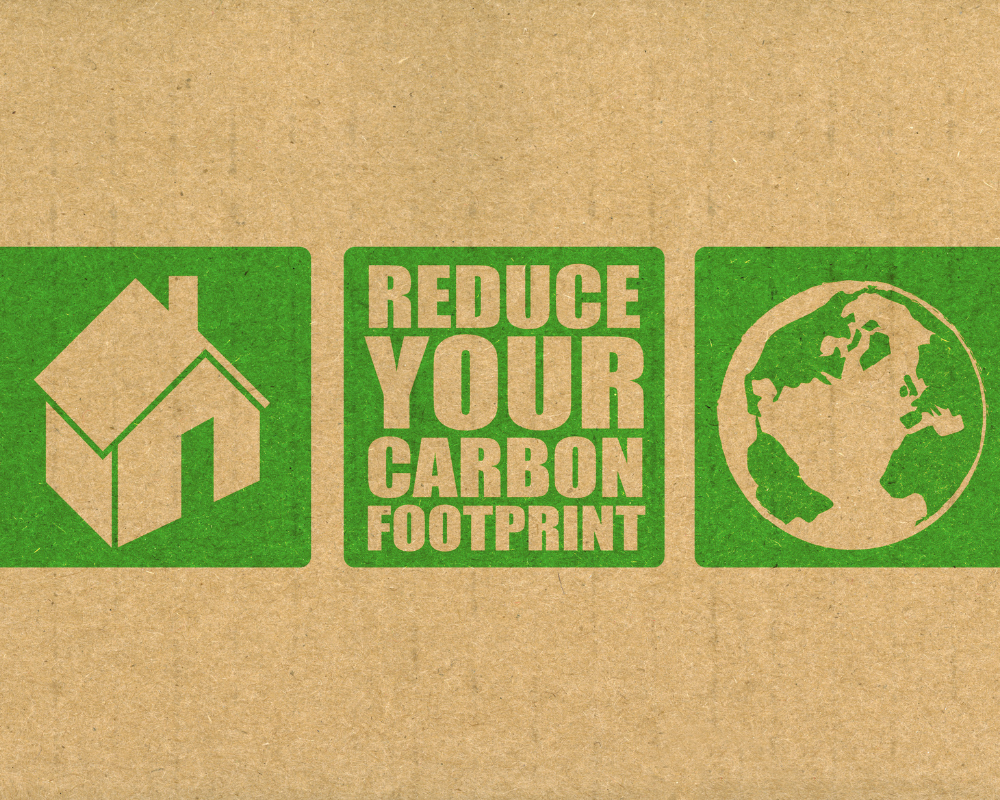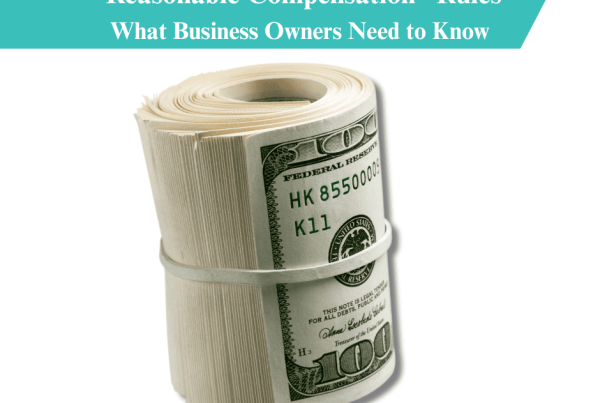
On August 16, 2022, President Joe Biden signed into law the Inflation Reduction Act that offers tax credits and rebates to consumers who purchase clean cars, make eco-friendly improvements to their homes, or take steps in reducing their carbon footprint.
The Inflation Reduction Act will essentially lower consumer costs via increased tax credits. This will influence people to reduce their carbon emissions and invest in clean energy production.
Solar Credit Changes
In order to fight climate change, President Joe Biden signed the Inflation Reduction Act last August 16. The law basically offers credits or incentives to consumers who purchase solar panels, commit to eco-friendly home improvements, and drive electric cars.
In the new law, the credit for adding solar panels is equal to 30% of the sum of the amount the consumer paid or incurred for the qualified energy solar installation that were installed within the year, the amount of home energy property expenditures paid or incurred during the year, and the amount paid during the year for home energy audits. This 30% credit is effective immediately through January 1, 2033. Prior to this change the old credit only provided for 26% in 2022 and expected to reduce to 22% in 2023.
Energy Efficient Home Improvement Credit New Annual Limits
As mentioned, the lifetime limitations under the old rules have been replaced with annual limitations, which are as follows:
- The combined credit for all energy efficiency home improvements is limited to $1,200 a year except for:
- The credit for residential energy property expenditures is capped at $600 in the aggregate annually.
- The credit for windows is limited to $600 for all exterior windows and skylights.
- The credit for doors is limited to $250 for any exterior door and $500 in the aggregate for all exterior doors.
- The credit is allowed for heat pumps, heat pump water heaters, biomass stoves, and boilers are limited to $2,000 a year.
- The credit for energy audits is $150 a year.
Other energy efficiency improvements include energy-efficient insulation, exterior windows, skylights, and exterior doors that meet various energy standard requirements.
The new law changes the term residential energy property expenditures to include any dwelling unit used as a residence by the taxpayer, replacing the principal residence requirement. The home must be located in the US. And expenditures should include the cost of labor for onsite preparation, assembly, and installation.
While some consumers may qualify for more than $10,000 in financial incentives, these benefits may not be available until 2023 or 2024.
Tax Credits for New or Used Electric Vehicles
Consumers who purchase a new electric car can get a tax credit of up to $7,500, while those who buy a second-hand vehicle can qualify for up to $4,000 if the vehicle is placed in use starting in 2023.
New requirements must now be met to qualify for this credit. If both these requirements aren’t met the credit is reduced or fully forfeited.
- The battery must have a capacity of at least seven kilowatt-hours and final assembly of the vehicle must take place in North America
- The battery mineral components must be manufactured or assembled in North America
The good news is the sales threshold limit per manufacturer is going away and now for example Tesla, GM, and Toyota vehicles can qualify for this credit again.
Starting in 2024 buyers have the option to monetize this credit by transferring it to the dealer at purchase and lowering the monthly payments.





One Comment